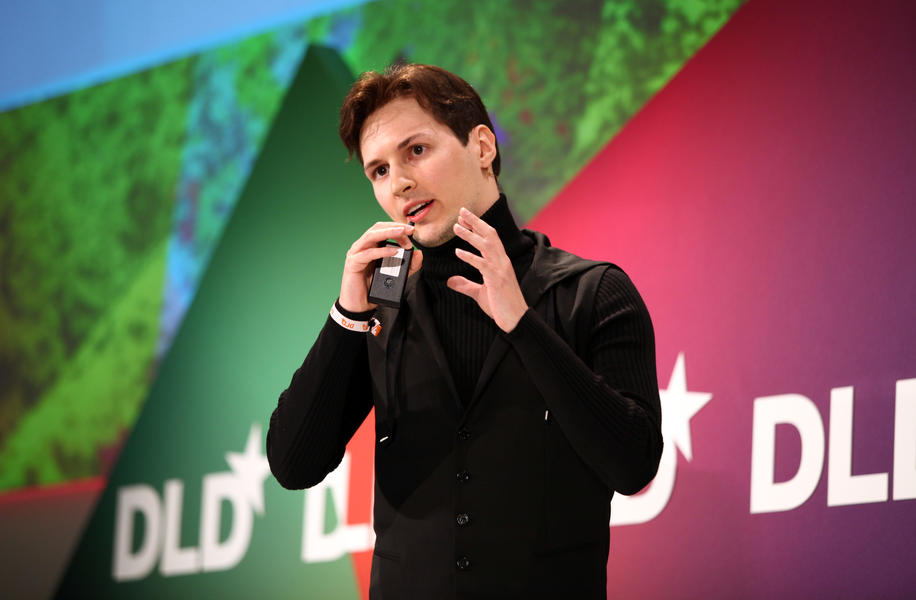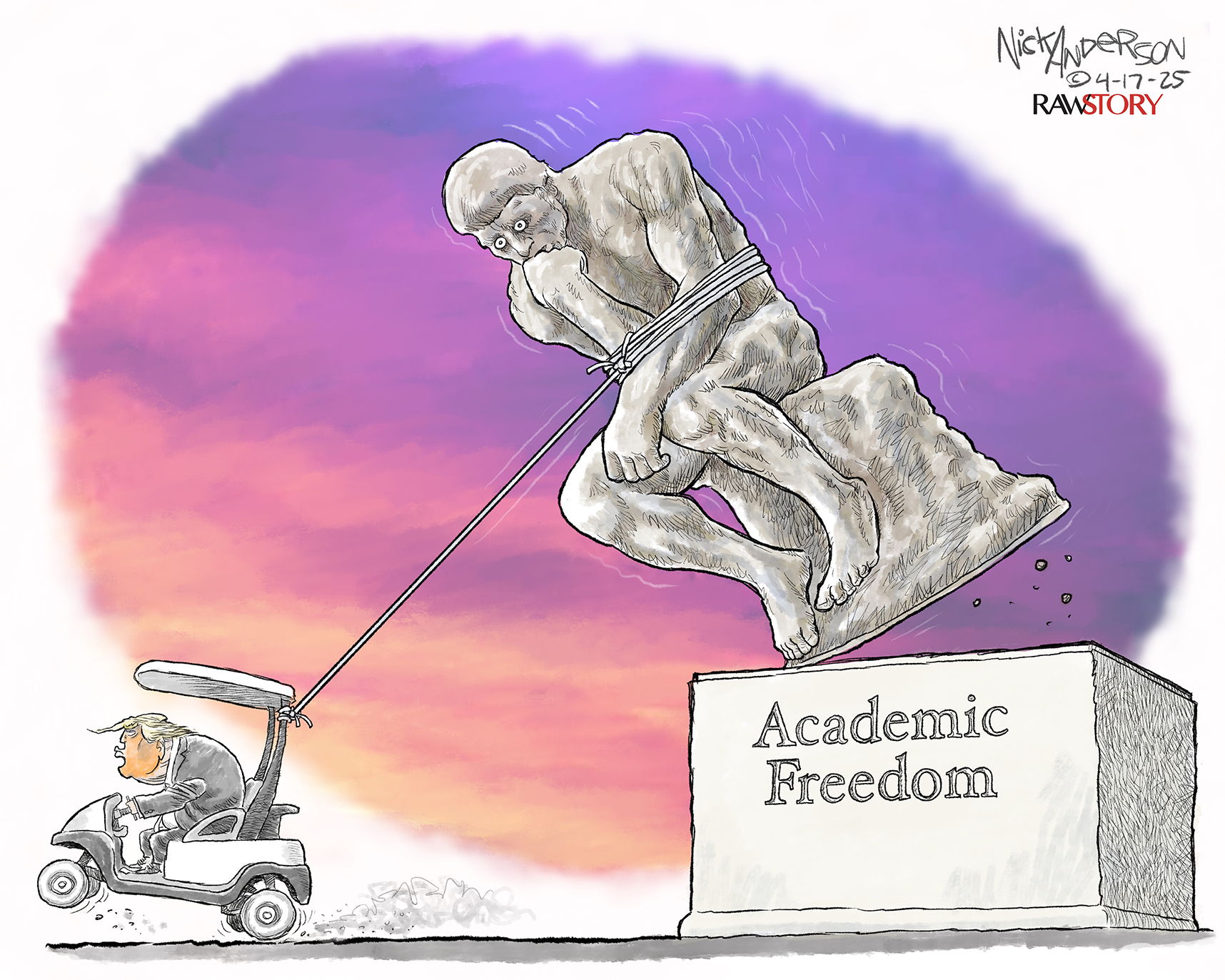Pavel Durov, 'Russia's Mark Zuckerberg,' explains why he fled Putin's Russia


Actor Gérard Depardieu emigrated to Russia to pay lower taxes. In April, Pavel Durov left Russia, and his lucrative business there, because, he says, he values freedom — his own, and the idea — more than enormous wealth. "In my days in Russia, I visited some very rich guys," Durov tells The New York Times. "I visited big ships, private airplanes, houses — and I know for sure I don't want this for myself."
The iconoclastic young founder of Russian social network VKontakte, more popular than Facebook among Russians, was also prompted to sell his stake (for millions of dollars) and flee after a SWAT team showed up at his door in 2011, he says. That near-miss inspired him to launch the venture he's now promoting, Telegram, a secure messaging app. Durov, who has been bouncing from country to country for the last few months and considers himself "a legal citizen of the world," was in San Francisco this week promoting Telegram.
Durov started VKontakte in 2006, borrowing openly and heavily from early Facebook — he was celebrated "as Russia's Mark Zuckerberg," notes The Times' Danny Hakim. "The best thing about Russia at that time was the internet sphere was completely not regulated," Durov told Hakim in a rare in-person interview. "In some ways, it was more liberal than the United States." But President Vladimir Putin has increasingly cracked down on internet freedoms. "Since I'm obviously a believer in free markets," Durov added, "it's hard for me to understand the current direction of the country." Read more about Durov's life and flight at The New York Times.
Subscribe to The Week
Escape your echo chamber. Get the facts behind the news, plus analysis from multiple perspectives.

Sign up for The Week's Free Newsletters
From our morning news briefing to a weekly Good News Newsletter, get the best of The Week delivered directly to your inbox.
From our morning news briefing to a weekly Good News Newsletter, get the best of The Week delivered directly to your inbox.
Sign up for Today's Best Articles in your inbox
A free daily email with the biggest news stories of the day – and the best features from TheWeek.com
Peter has worked as a news and culture writer and editor at The Week since the site's launch in 2008. He covers politics, world affairs, religion and cultural currents. His journalism career began as a copy editor at a financial newswire and has included editorial positions at The New York Times Magazine, Facts on File, and Oregon State University.
-
 Today's political cartoons - April 19, 2025
Today's political cartoons - April 19, 2025Cartoons Saturday's cartoons - free trade, judicial pushback, and more
By The Week US
-
 5 educational cartoons about the Harvard pushback
5 educational cartoons about the Harvard pushbackCartoons Artists take on academic freedom, institutional resistance, and more
By The Week US
-
 One-pan black chickpeas with baharat and orange recipe
One-pan black chickpeas with baharat and orange recipeThe Week Recommends This one-pan dish offers bold flavours, low effort and minimum clean up
By The Week UK
-
 Nobody seems surprised Wagner's Prigozhin died under suspicious circumstances
Nobody seems surprised Wagner's Prigozhin died under suspicious circumstancesSpeed Read
By Peter Weber, The Week US
-
 Western mountain climbers allegedly left Pakistani porter to die on K2
Western mountain climbers allegedly left Pakistani porter to die on K2Speed Read
By Justin Klawans
-
 'Circular saw blades' divide controversial Rio Grande buoys installed by Texas governor
'Circular saw blades' divide controversial Rio Grande buoys installed by Texas governorSpeed Read
By Peter Weber
-
 Los Angeles city workers stage 1-day walkout over labor conditions
Los Angeles city workers stage 1-day walkout over labor conditionsSpeed Read
By Justin Klawans
-
 Mega Millions jackpot climbs to an estimated $1.55 billion
Mega Millions jackpot climbs to an estimated $1.55 billionSpeed Read
By Catherine Garcia
-
 Bangladesh dealing with worst dengue fever outbreak on record
Bangladesh dealing with worst dengue fever outbreak on recordSpeed Read
By Catherine Garcia
-
 Glacial outburst flooding in Juneau destroys homes
Glacial outburst flooding in Juneau destroys homesSpeed Read
By Catherine Garcia, The Week US
-
 Scotland seeking 'monster hunters' to search for fabled Loch Ness creature
Scotland seeking 'monster hunters' to search for fabled Loch Ness creatureSpeed Read
By Justin Klawans